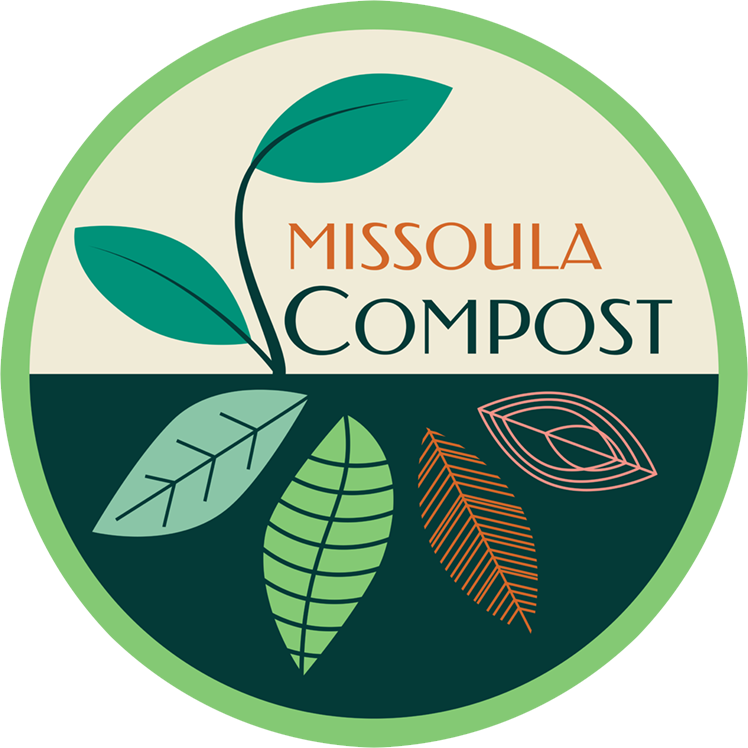Fall Composting
This summer has been a great time growing and eating fresh fruits and vegetables, enjoying the season's bright flowers, and playing in fresh green grass. Now that fall is right around the corner, it’s time to start thinking about all the new materials we can compost . Trees are about to shed their leaves and plants are preparing for the cold winter; during this time they produce many carbon rich materials. Carbon materials are incredibly important for a balanced, healthy compost.
Fallen leaves can add up to 3.2 times more carbon into our soil when compared to grass clippings and other freshly cut materials. The nitrogen rich qualities have been exhausted naturally in the environment and the now carbon rich leaf body is discarded to decompose back into the earth below. Leaves, plant stalks, straw, and garden skeletons ready to naturally decompose for winter are great materials for a balanced compost. Rake them up and add them in your compost to balance out all the nitrogen rich materials added over the summer season.
Carbon is important for compost because it provides an essential energy source for bacteria and microorganisms. It also increases the soil's strength and resilience to both withstand elements and retain water and nutrients. Without carbon we would have a messy sludge of smelly nutrient rich compost goo, instead of beautiful rich compost soil. For this reason fall is also a great time for pleasant curbside compost bins. With cooler weather and more carbon materials to balance nitrogen rich food scraps, the “ick” factor of the compost bin is significantly reduced.
Along with other fall materials, the holidays are always an important time to keep an eye out for good compost. Jack O’Lantern are not only fun to make and display, they make great compost throughout the whole process. All natural decor such as garlands and wreaths can be composted as well. Thanksgiving turkey carcasses can even be composted, along with all other holiday food scraps.
Last but not least, make sure to add compost soil to lawns, gardens, and plants to renew depleted soil before winter, preparing the earth for prosperous growth in the spring. Contact Missoula Compost for your next soil delivery compost soil.
Happy Composting!
Compost Chemistry: Cornell Composting: Science & Engineering.

